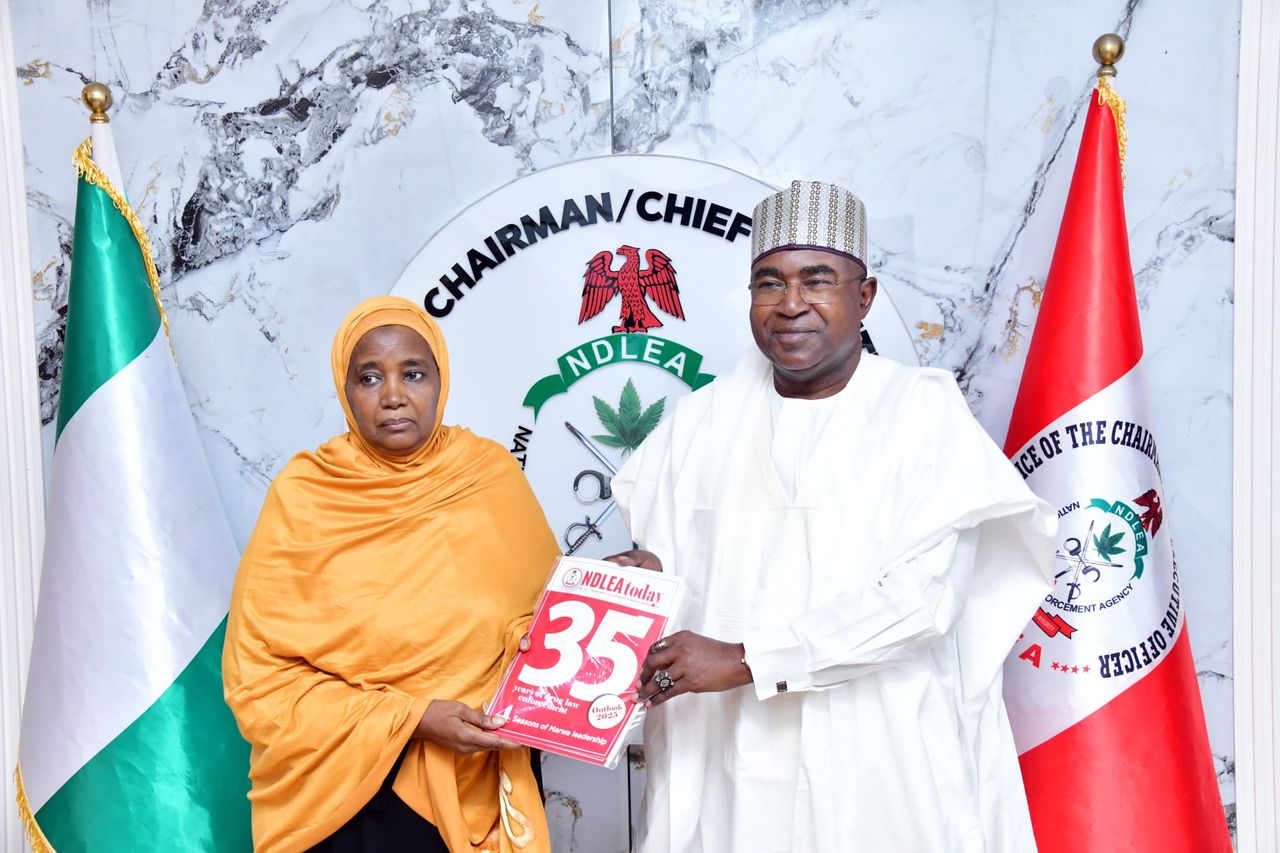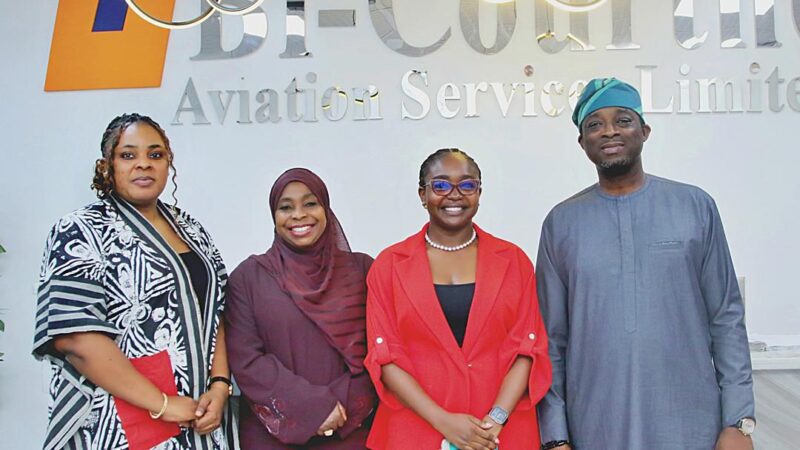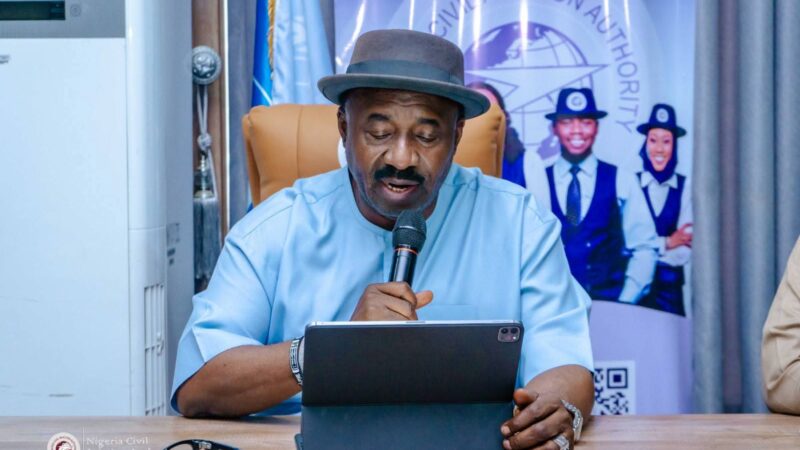NDLEA, NAPTIP Forge Stronger Alliance Against Drug, Human Trafficking

The National Drug Law Enforcement Agency (NDLEA) and the National Agency for the Prohibition of Trafficking in Persons (NAPTIP), in a decisive move to strengthen the fight against the interconnected threats of drug and human trafficking, have set up liaison teams to foster closer collaboration.
This renewed effort emerged as the key highlight of discussions during a courtesy visit by the Director General of NAPTIP, Binta Lami Adamu Bello, to the Chairman/Chief Executive Officer of NDLEA, Brigadier General Mohamed Buba Marwa (Rtd), at the NDLEA’s National Headquarters in Abuja on Friday, 25th April 2025.
Welcoming the NAPTIP boss and her delegation, Marwa congratulated Adamu Bello on her well-deserved appointment, commending her swift and dynamic start to leading such a vital agency.
He underscored the intrinsic link between human and drug trafficking, noting that trafficked individuals are often exploited as drug couriers, sometimes unknowingly.
“There’s a linkage between human trafficking and drug trafficking and abuse,” he observed. “Some trafficked persons are used as mules—some may know, some may not. Drugs can be sewn into their luggage or even administered to them to ensure compliance. This is an area where collaboration is crucial. We should formalise this partnership by signing a Memorandum of Understanding that clearly defines the areas of collaboration.”
Reiterating NDLEA’s commitment to working closely with NAPTIP, Marwa announced the appointment of a three-member liaison team tasked with working alongside their NAPTIP counterparts to develop a comprehensive framework for cooperation.
In her remarks, Adamu Bello stressed the growing convergence between drug and human trafficking crimes, both within Nigeria and internationally. She highlighted how women and children are increasingly being used as drug couriers, while victims of trafficking are often subjected to substance abuse as a means of control.
“Drug trafficking and human trafficking are increasingly connected, both globally and locally. Victims are drugged and subjected to substance abuse to control them after being trafficked,” she said.
She further noted that both crimes thrive on similar enablers—porous borders, corruption, poverty, weak institutions, and the exploitation of digital platforms.
Intelligence reports, she revealed, had shown significant overlaps in the criminal networks operating within both spheres, thereby necessitating a coordinated and robust response.
Outlining proposed areas of collaboration, Adamu Bello suggested joint investigations and intelligence sharing, capacity building and cross-training initiatives, a victim-centred operational approach, technology and data integration, intensified public enlightenment, and preventive advocacy, alongside efforts towards legal reforms.
She proposed the immediate setting up of liaison teams tasked with developing a NAPTIP-NDLEA strategic action plan focusing on short- and medium-term goals.
She also recommended scheduling bilateral meetings at least once or twice annually to review and strengthen operational partnerships, as well as exploring greater opportunities for international collaboration.
“I want to affirm that NAPTIP is fully committed to partnership, professionalism, and patriotic service. We believe that together, we will not only disrupt criminal networks but also protect and empower vulnerable Nigerians who are often the ultimate victims of these crimes,” she declared.
The development signals a fresh and determined approach by both agencies to close the ranks in combating two of the most serious and interwoven crimes afflicting the nation.







